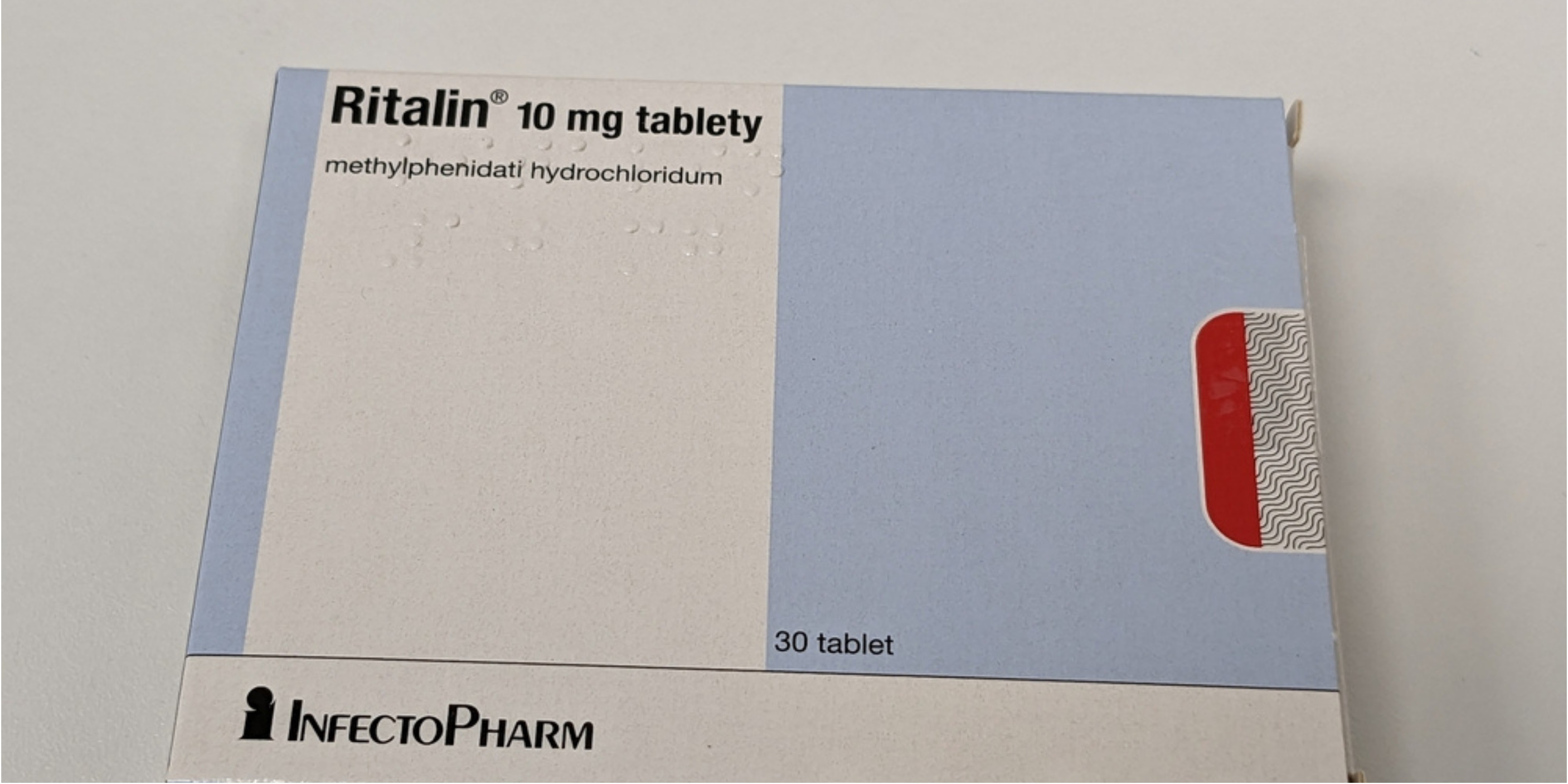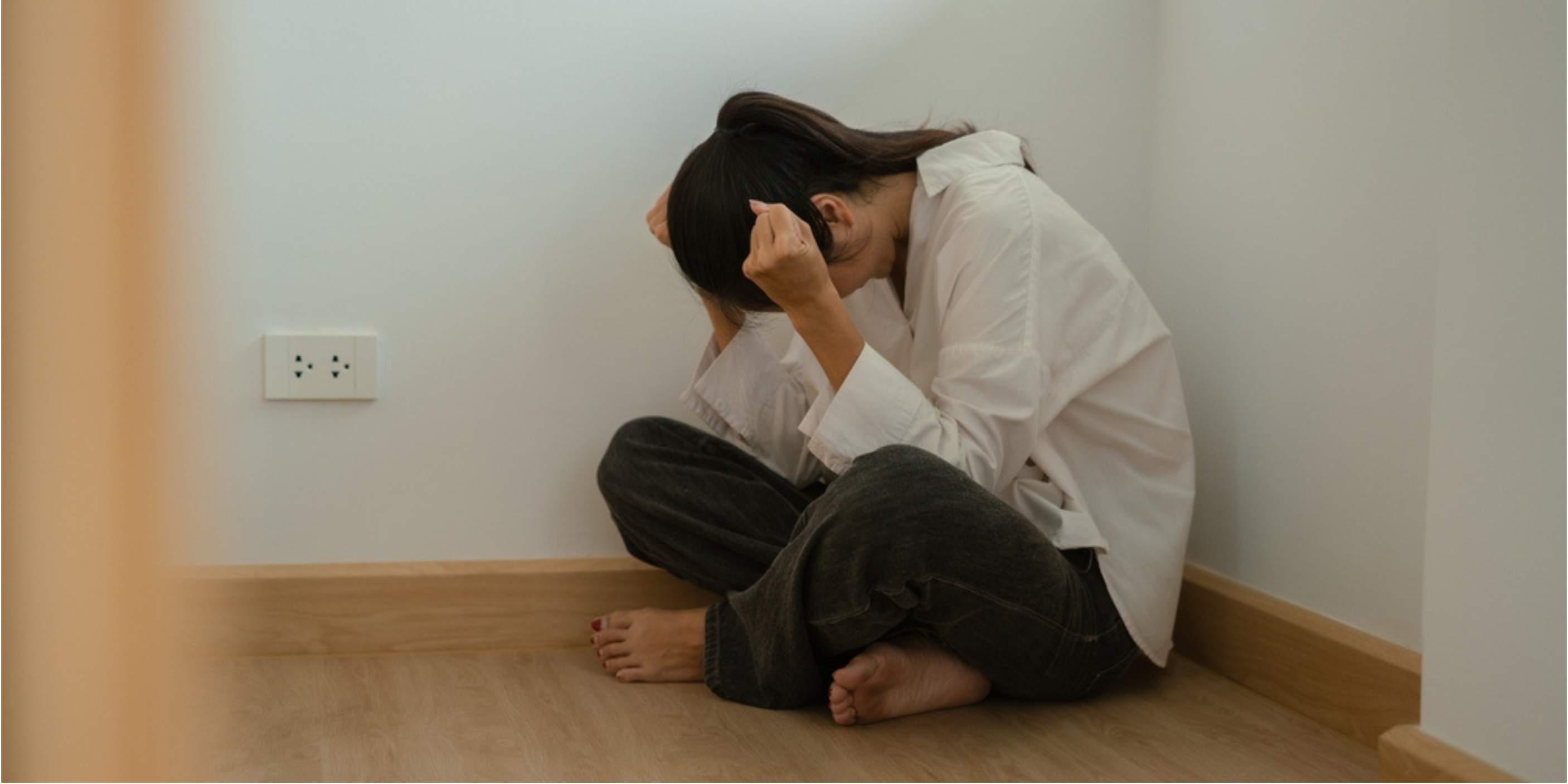Ritalin Addiction | Signs, Symptoms and Effects
For many people with ADHD, Ritalin can transform lives in some incredible ways. It can sharpen focus, calm the chaos, and make it easier to enjoy everyday life. But like many prescription stimulants, Ritalin also comes with some serious potential risks. Especially when misused or taken without a doctor’s supervision, Ritalin can quickly go from being a helpful medicine to a harmful addiction. Ritalin addiction brings with it a host of challenges for your health and well-being but this page will help you understand how to prevent it from taking over your life.

What is Ritalin?
Ritalin is one of the most well-known treatments for ADHD, with roots that go back to the 1940s. Methylphenidate, its active ingredient, was first created in 1944 and named Ritalin after the scientist’s wife, Margarita. Ritalin has been prescribed for a range of issues over the decades but it is now mainly prescribed to help people with the symptoms of ADHD and narcolepsy.
Ritalin works by increasing norepinephrine and dopamine levels in the brain. These are chemicals called neurotransmitters and they help people with ADHD feel calmer, more focused and in greater control of their impulses. In people with narcolepsy, Ritalin’s stimulating effects stop them from falling asleep during the day.
However, while these effects make Ritalin incredibly effective, they are also why the medicine is so often abused. Some people use Ritalin to study or work for long periods, while others take it recreationally in the same vein as cocaine or other illegal drugs. This misuse greatly increases the risk of side effects which may include:
- Restlessness and agitation
- Stomach pain
- Appetite loss
- Anxiety
- Insomnia
- Constant tiredness
- Moodiness
- Ritalin addiction
What is Ritalin addiction?
If you are reading this page, you are likely worried that either yourself or someone you know is addicted to Ritalin. But what exactly is Ritalin addiction?
The most widely accepted definition of Ritalin addiction is when you can’t stop using it even though it is causing you harm. It can be a sneaky condition, often starting with a genuine ADHD prescription or relatively small doses to help you study or to get “high”. Before you know it, however, those small doses no longer give you what you need, so you start taking more – this is called tolerance, and it is often the first red flag.
With tolerance comes physical dependence, where your body starts to rely on Ritalin to feel okay. This is because your brain gets so used to having Ritalin present that it almost starts believing it is your natural chemical state. If you then quit Ritalin, the brain becomes confused and it takes a while to start working properly without Ritalin. During this time, withdrawal symptoms like depression, anxiety and insomnia appear, which often cause a return to Ritalin use.
But Ritalin addiction isn’t just about your body. Emotionally, Ritalin can begin to feel like the answer to everything – stress, personal issues and even just the everyday ups and downs of normal life. This mental dependency coincides with the physical one, cementing Ritalin addiction’s hold over you.
Why is Ritalin addictive?
Ritalin use isn’t an automatic gateway to stimulant addiction, but some circumstances can put you at higher risk of becoming addicted to Ritalin. Here are some of the factors that we now know often contribute:
Am I addicted to Ritalin?
Spotting Ritalin addiction can be tricky, especially if you have been prescribed it and think you are just following your doctor’s orders. But Ritalin addiction has a way of sneaking in and hiding behind excuses. Here are some red flags to watch out for:
- Ritalin is always on your mind with cravings, making it hard to think about anything else.
- You have lost control over your Ritalin dosage and keep taking more, even when you don’t mean to.
- Your priorities are slipping with your work, school or home life falling apart due to Ritalin use.
- You dismiss concerns from loved ones and even deny the reality of the situation to yourself.
- You are getting Ritalin in unsafe or illegal ways like doctor shopping or buying it from illegal drug dealers.
- Withdrawal symptoms hit hard whenever you try to stop or can’t get any Ritalin.
If these sound familiar, comfort yourself with knowing that you have recognised Ritalin addiction before it has caused lasting damage.

The dangers of Ritalin addiction
The dangers of Ritalin addiction are all too real and can impact every part of your life. Here are some of the most serious consequences:
How to overcome Ritalin addiction
At Recovery Lighthouse, Ritalin addiction treatment starts with detox, where you stop taking Ritalin and let your body clear it out. This isn’t always an easy process, but our medical team will be there to help you through the toughest days of withdrawal.
Stimulant rehab then gives you the space to address the emotional and psychological sides of Ritalin addiction. It helps you turn a corner in recovery by confronting the underlying causes and triggers of Ritalin use so you can take back control.
The last step is aftercare, a long-term support system designed to keep you on track. It includes free group therapy for the first year after you leave and admittance to our Alumni Network for life. Both ensure you stay connected to your counsellors and peers and provide support when and where you need it most.
Ready to put Ritalin addiction behind you?
Then it’s time to leave Ritalin addiction in the past and focus on a brighter future. At Recovery Lighthouse, we have everything you need to succeed and begin a new sober life. Contact us today to get started or to find out more about how we can help.
Frequently Asked Questions
(Click here to see works cited)
- UK-Rehab. “Stimulants – Ritalin Addiction Information | UK Rehab.” UK-Rehab, https://www.uk-rehab.com/stimulant-addiction/ritalin/. Accessed 1 December 2024.
- NHS. “Methylphenidate: a medicine used to treat attention deficit hyperactivity disorder (ADHD).” NHS, https://www.nhs.uk/medicines/methylphenidate-adults/. Accessed 1 December 2024.
- Side Effects.” Primary care companion to the Journal of clinical psychiatry vol. 2,5 (2000): 159-164. doi:10.4088/pcc.v02n0502. Accessed 1 December 2024.
- Condron, Patrick. “Ritalin Abuse Signs, Symptoms, and Addiction Treatment.” DrugAbuse.com, 1 June 2023, https://drugabuse.com/stimulants/ritalin/. Accessed 1 December 2024.
- Morton, W Alexander, and Gwendolyn G. Stockton. “Methylphenidate Abuse and Psychiatric. Accessed 1 December 2024.



